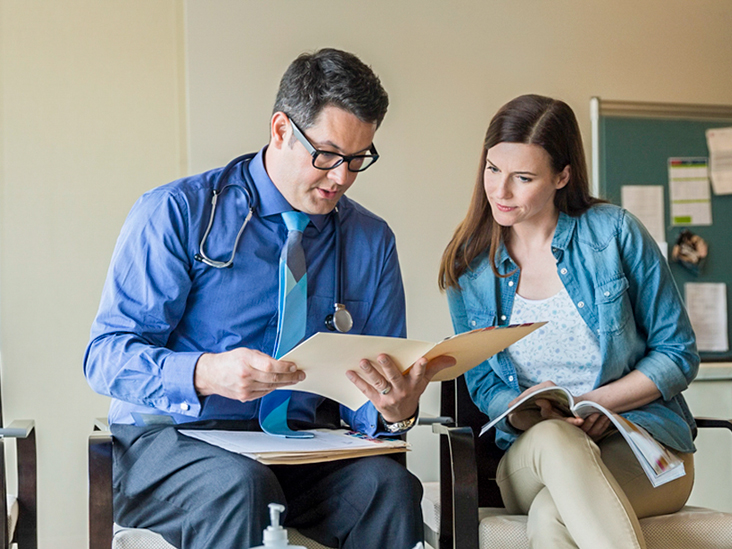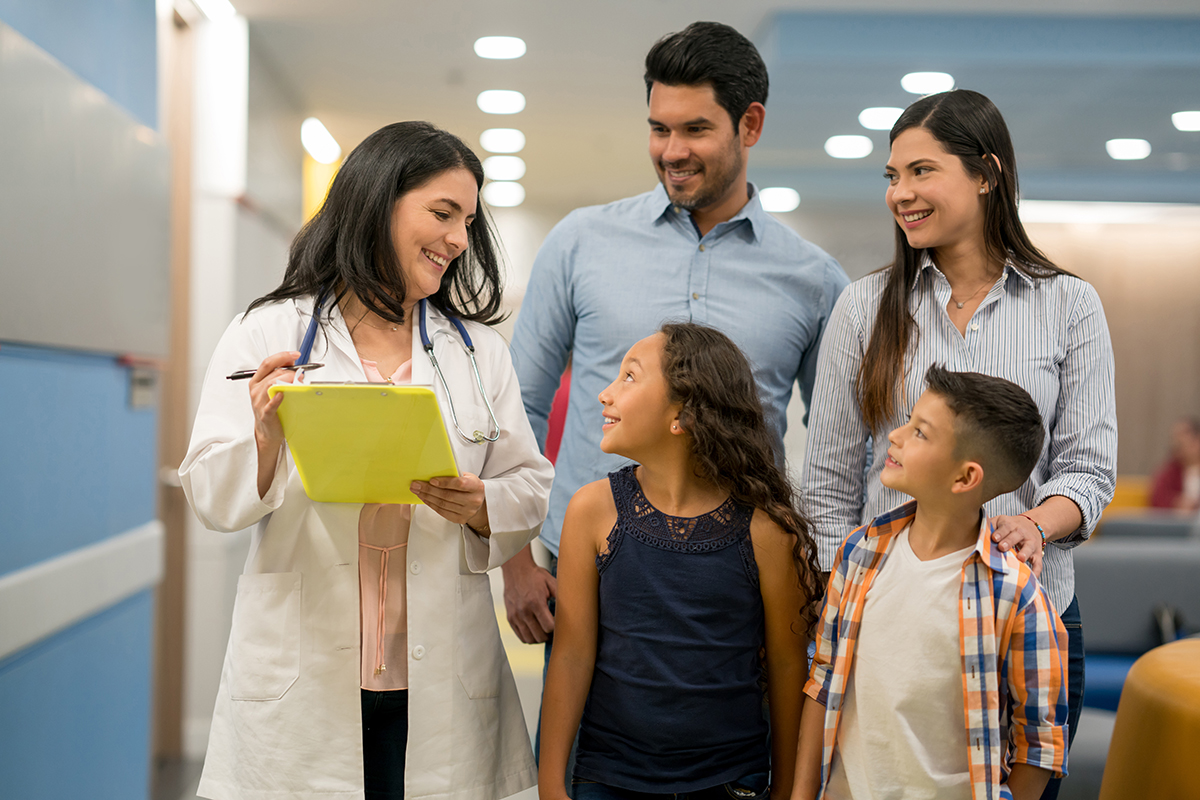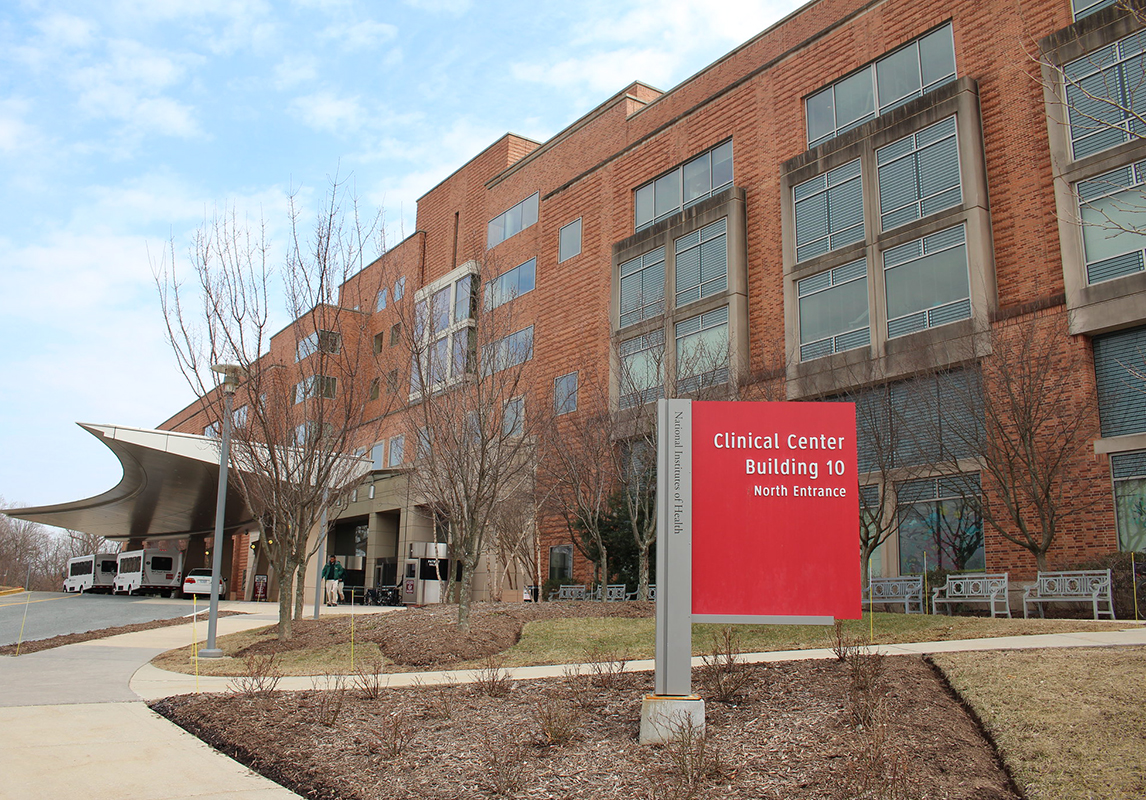A new study is recruiting people who received unexpected genetic test results about their risk for cancer, heart disease, and other conditions after having genetic testing done for some other reason.
GSRP Program Team
Service Head
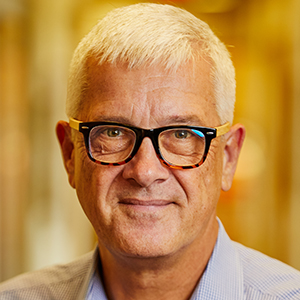
Leslie G. Biesecker, M.D.
- Director & NIH Distinguished Investigator
- Center for Precision Health Research
Genetic Counselors
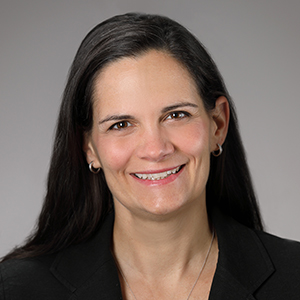
Julie C. Sapp, Sc.M., C.G.C.
- Genetic Counselor
- Precision Genomics Section
Annotation Support

Jennifer Johnston, Ph.D.
- Staff Scientist
- Precision Genomics Section
Research Assistants and Coordinators

Brooke Rosenblum, B.A.
- Clinical Research Coordinator
- Center for Precision Health Research
Last updated: February 8, 2024

